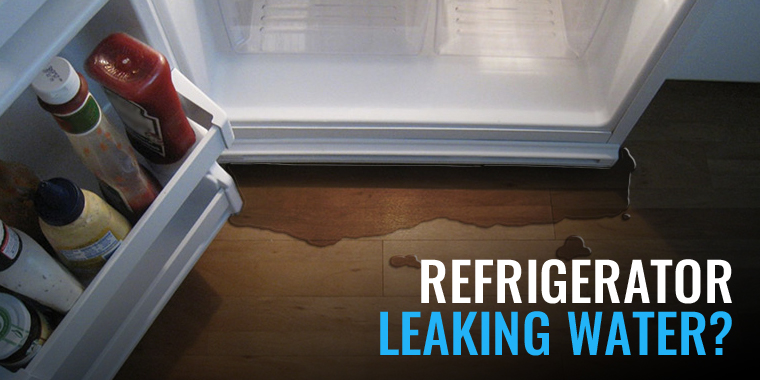
Fridge making noise can be frustrating for most people. After all, a refrigerator is an inevitable appliance in your kitchen. Any damage or malfunction disrupts your daily routine. So, any sound makes you worried. Don’t panic. You can quiet the chatter and put the appliance back on track.
Common Factors That Make Your Fridge Noisy
A broken or damaged compressor often produces an unusual sound. Issues related to the evaporator fan can lead to refrigerator noises. Further, dirty condenser coils or fans may create a humming sound. You can hear a strange sound if the drain pan is out of place. Other possible reasons include water line issues and temperature-related problems.
Check the Source and Nature of Sound
When it comes to your fridge making noise, look for the source of the sound. This approach helps you identify the problem quickly and accurately.
Vibrating, Tapping, or Buzzing Sound from Inside
Do you hear a vibrating, buzzing, tapping, or ticking sound from your fridge every few minutes? Most probably, the compressor is not performing at its best. Replacing the start relay could be the best possible solution.
How can you fix this issue? As stated above, you must replace the motor relay in such a situation. The start relay is the component that ensures the smooth functioning of the compressor motor. Check the fridge manual to learn how to do this task. The best option is to hire a home appliance repair company to replace the relay.
Loud Humming Sound
A humming sound from the refrigerator possibly indicates that the compressor is running without breaks. Remember that this situation is the consequence of setting a low-temperature level. Therefore, your fridge overworks to keep everything cool.
How to address this issue? Consider adjusting the internal thermostat slightly. If it does not work, check the condenser coils. Dirty coils also increase the workload of the refrigerator to make a humming sound. Use a vacuum cleaner hose attachment to clean the coils.
Clattering Noise from the Bottom
Do you hear a clattering noise from the base of your fridge? Well, the culprit could be a depleted condenser fan blade. Constant functioning leads to natural wear and tear. Also, a faulty or cracked drainage pan produces a rattling sound.
Check the fan blade first. If damaged, replace the blade immediately to eliminate sound and restore maximum functionality. What if the sound persists? Assess the condition of the drainage pan. Replace it with a new one if damaged.
Screeching Noise from the Evaporator Fan
Are you hearing a squealing or screeching sound from the evaporator fan? If yes, check the fan condition and ensure it is in excellent working condition. The role of the fan is to distribute air throughout the freezer to maintain balanced temperature levels. Also, examine whether the fan blades are not colliding with the housing.
If the evaporator fan is damaged, replace it with a new one. Moreover, colliding fan blades must also be changed to remove the screeching noise.
Follow these steps if your fridge making noise. Seeking professional help delivers the best results. Trained professionals discover the underlying problem precisely and perform the repair task to keep your fridge optimally functional. Hire a home appliance repair company with an excellent track record to get the best value for money.

